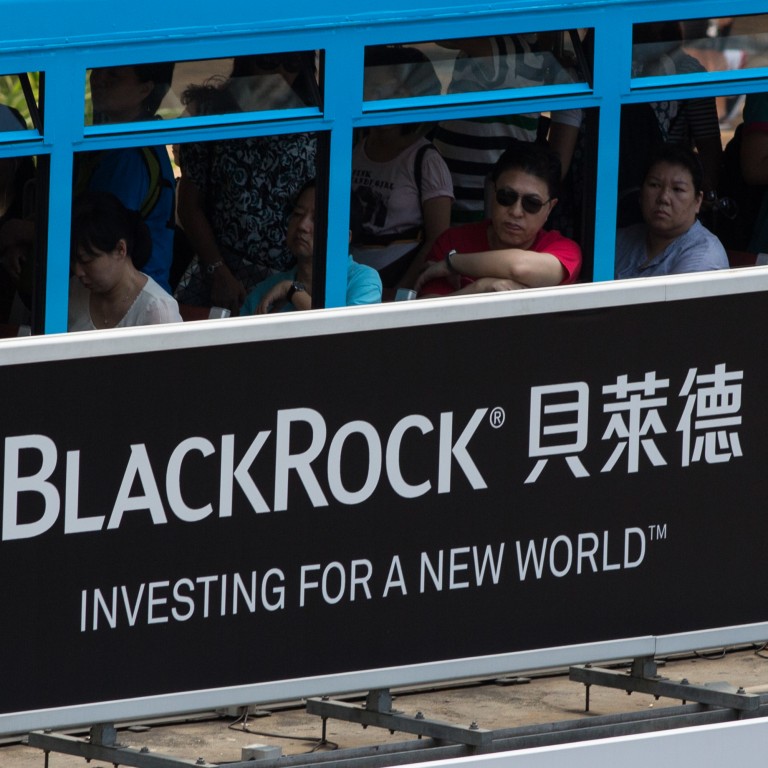
Does a happy employee make for a healthy stock price?
When BlackRock, the world's largest asset manager, evaluates potential stock purchases, its managers look at all the usual financial metrics.
When BlackRock, the world's largest asset manager, evaluates potential stock purchases, its managers look at all the usual financial metrics.
Some of them also consider something much harder to quantify: employee sentiment.
"We look for companies that have solid employee rankings and want to buy companies that have improvements in employee opinions," said Paul Ebner, a portfolio manager and member of BlackRock's scientific active equity group, a team of quantitative managers.
"Happy and engaged employees lead to more wins and more sales opportunities."
That strategy is in line with a growing body of research suggesting that happy workers can be good for profits. But gauging employee satisfaction levels - and understanding how they might affect a company's performance - can be tricky.
At BlackRock, which has more than US$4.65 trillion in assets, the company's 77-member quantitative team began adding data from social media websites, including employee sentiment data, into its models for evaluating holdings and investment prospects two years ago.
Today, 20 per cent of the data used by the group to analyse companies is 'unstructured' - meaning it does not come as line items in analyst reports or regulatory filings. Employee sentiment is part of that, said Ebner.
He would not say exactly how his group gauges employee sentiment at companies it is interested in, but he did say BlackRock employs automated internet searches to look for key positive and negative words across a variety of blogs, social media, chat rooms and employee websites.
The team is particularly interested in changes in employee sentiment that might indicate good or bad things happening at a company.
Even the investors who use sites such as Glassdoor acknowledge they are imperfect tools for analysing stocks. There is no way of knowing, for example, whether the reviews posted on the site are representative of employee sentiment in general - or even if they were posted by actual employees. And sample sizes tend to be small.
Whether or not employee sentiment should be factored into investment decisions, the research is intriguing to some company trackers.
In 2011-2012, human resources consultant Towers Watson surveyed 518,000 employees at 41 companies and then looked at the 12 months of financial performance that followed.
Companies with engaged employees outperformed the average in their sectors at a significantly higher rate than companies with less-engaged employees.
Alex Edmans, an associate professor of finance at the University of Pennsylvania's Wharton School of Business, found that companies that made magazine's list of the "100 Best Companies to Work For in America" outperformed their peers by more than 2 per cent annually between 1984 and 2009.
Edmans acknowledges that many investors still do not consider such information important. "The market has the old school view that the idea of happy workers is just fluffy," he said.

